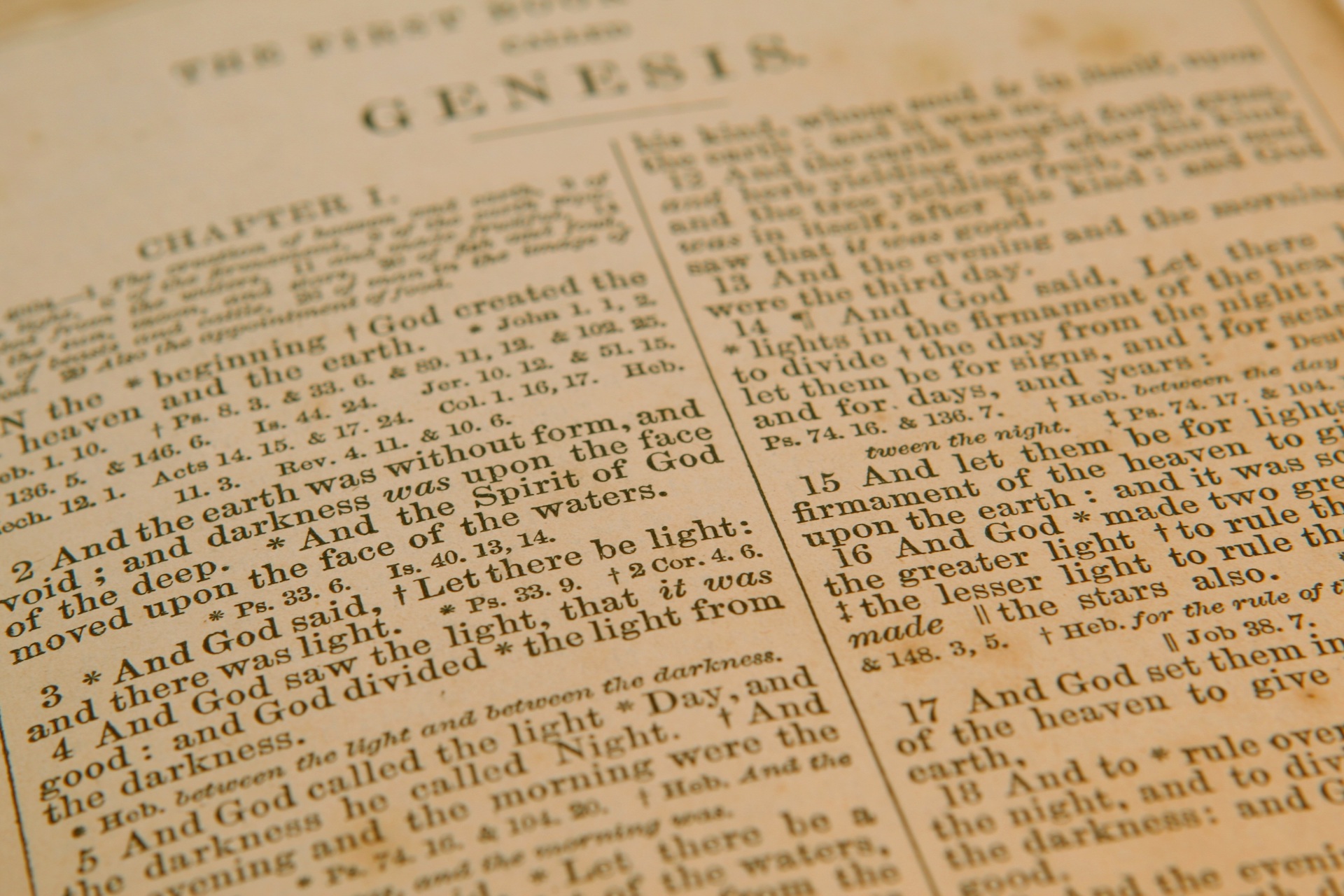It seems to me that a factor for the division among Christians today results from followers of Christ defining their faith as simply holding a set of intellectual beliefs*. If that is allowed or accepted, then we can hold these beliefs and still act like those around us. The determining factor in how we live depends on “who” we identify with (church, political party, geographic, ethnicity, gender, etc.) rather than as scripture portrays. Jesus taught and modeled a way of living, not a set of intellectual beliefs. For Jesus, living in the Kingdom of God is demonstrating that Jesus IS the LORD of our lives. Our living should be a demonstration that we are part of a kingdom that is different from what we see lived around us.
According to the New Testament, we are literally aliens in this world and, therefore, should stand out as different. Don’t read stupid; read differently from those who do not have Jesus as their Lord. This is how Christianity grew, and the world was changed during the first three centuries in a way that has not been replicated since. I find it especially interesting that this all happened BEFORE the Bible was even written.
Once the scriptures were written, people began developing belief statements to codify faith. Obviously, this was the intent of the Councils and Creeds, which resulted. You can pick your creed: The Apostles, Nicene, Athanasian, or Chalcedonian**. Each further clarified what was written in the New Testament documents. Each of these Creeds not only allowed us to clarify our faith but also resulted in others being excluded. The Creeds further clarified who was in and who was out. This is what clarifying does.
The New Testament scriptures gave a clear description of how Jesus lived and what he taught, as well as how his disciples in the early church lived out his teachings. But individuals have used the scripture to establish a code of beliefs and behaviors. The New Testament wasn’t as “cleanly” packaged as the creeds because the New Testament books were written by various authors from various cultures over 70 years. For this reason, the scriptures do allow for disagreement between followers of Christ on similar passages. That is why the Creeds were written, to clear up the things not as clearly identified as some wanted from the scriptures.
There is an upside and downside to this process of consensus creedal development in this way. The upside was the Creeds clarified doctrines. But the downside was that they clearly allow for individuals to intellectually ascent to a set of beliefs without having a transforming relationship with the creator of the world and becoming a citizen of His Kingdom. They could simply ascribe to a set of beliefs and then live their lives as a King, advisor, leader, follower, servant, or slave with little regard to what a transformed life would look like from their position. There was a major disconnect between what the Creeds pointed to and how this divine would interact in their lives.
This allowed Kings to believe in Creeds and yet be cruel and merciless. It allowed men to ascribe to doctrines and abuse women and children. It allows for many today to seek to get the most out of living their life in the short term at the expense of the long term for the earth we live in.
Ironically, the scriptures are used in the same way as creeds today. Ironically, the scriptures have even more room to justify one’s beliefs. Individuals can pick and choose passages to justify their own self-serving actions. These are most often quite contrary to what living as a submitted follower of Jesus and a citizen of his Kingdom should look like. Too many people today give mental ascent to some set of beliefs from the New Testament scriptures and then they think and act like those around them. Obviously, it depends on the those they identify with that determines their behavior rather than being a person in Christ’s Kingdom. Their “those” could be their church, political party, ethnic group, family or culture of origin, gender, generation of birth, business, friends, or whomever they identify with.
Again, I am not suggesting the Creeds are bad, nor are the Scriptures irrelevant. I am suggesting that people often find some way to ignore the central and primary teaching of becoming a follower of Christ. They have developed a minimally viable belief system or statement which involves only a cognitive ascent rather than a life-orienting construal. It is no wonder those thinking people and often younger people are rejecting this facsimile of the faith portrayed in the New Testament which reorients everything in one’s life all the way down to who they serve and with whom they connect. This is what is taught in the New Testament, not credal faith but Kingdom of God citizenship.
*Andy Stanley…Not in to win it
**For a list of Creeds… https://justdisciple.com/christian-creed/

Leave a Reply